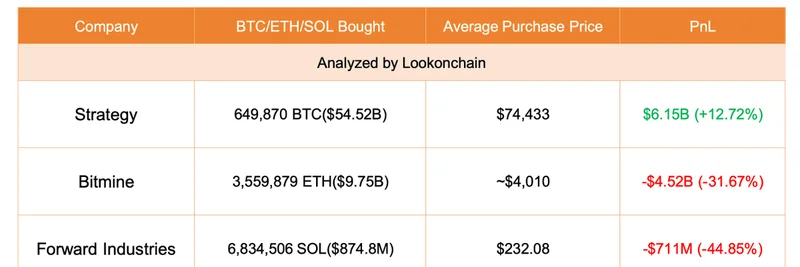In the fast-paced world of crypto, decentralized exchanges (DEXs) are stepping up as the new powerhouses of finance. A recent episode of the "When Shift Happens" podcast, hosted by Kevin from @KevinWSHPod, dives deep into this shift with Anand Gomes, the mind behind Paradex. If you're into meme tokens or any on-chain assets, understanding how platforms like Paradex are evolving could give you a serious edge in spotting the next big trends.
The Grind Behind Building a Top-Tier DEX
Running a crypto exchange isn't all hype and lambos—it's about "eating glass," as Anand puts it. Paradex recently handled a whopping $5.4 billion in volume during a single Black Friday without a hitch. Behind the scenes? Sleepless nights and constant vigilance from the team. This kind of dedication stems from a deeper mission: creating infrastructure that's bigger than any one person. For blockchain enthusiasts, this resonates with the ethos of meme communities, where conviction drives massive adoption despite the chaos.
Anand's journey started with Paradigm, a platform that's now a cornerstone for crypto options trading on places like Deribit. But relying on centralized setups for settlement limited innovation. That's why Paradex was born—a fully decentralized perpetuals exchange on Starknet, designed from the ground up for an on-chain world. No more clunky bridges; everything from execution to settlement happens seamlessly in one programmable space.
Zero Fees: A Game-Changer for Retail Traders
One of Paradex's standout features is zero trading fees for takers. Sound too good to be true? It's inspired by Robinhood's model in traditional finance, where cutting upfront costs draws in retail users, whose flow becomes a goldmine for liquidity. In crypto, this could supercharge meme token trading, making it easier for everyday users to jump in without getting nickel-and-dimed.
Here's the twist: Instead of the usual maker rebates, Paradex charges makers a small fee but introduces Retail Price Improvement (RPI). This order type lets makers offer tight prices to retail traders without fear of getting sniped by pros. The result? Better spreads, more value for everyone, and a model that monetizes smartly without punishing users. If you're trading memes on DEXs, imagine slipping in and out of positions with minimal friction—Paradex is betting this will dominate the market.
From Software Evolution to On-Chain Economies
Anand views crypto as the next phase in software's history. We started with basic automation, moved to full digital businesses like e-commerce, and now smart contracts are enabling entire economies on-chain. Ethereum shines here for its security and neutrality, much like historic financial hubs. For meme token creators and holders, this means more composable tools: trade, borrow, lend, and manage assets all in one spot without intermediaries.
DEXs like Paradex aren't just trading venues; they're becoming all-in-one financial centers. They combine exchange matching, clearing, custody, and more into composable primitives. Anand predicts the total addressable market (TAM) isn't billions—it's trillions. Meme tokens, often the gateway for new users, could thrive in this environment, turning speculation into genuine ownership and participation.
Navigating Incumbents and Philosophical Shifts
Big banks aren't going away, but they're scrambling to adapt with stablecoins and on-chain experiments. However, legacy systems carry extra costs and friction. Native on-chain builds like Paradex have the upper hand by starting fresh. Philosophically, Anand sees markets as "economic democracy"—placing a trade is like voting with your wallet. Speculation, including shorts, ensures honest pricing, and tokens democratize ownership, letting anyone join the "ownership class."
This ties back to meme culture: Communities rally around tokens not just for pumps, but for shared belief in an idea. Paradex aims to be the venue where these "votes" happen efficiently and fairly.
Why Paradex Feels Like the Future
Anand's key takeaway? Decentralized derivatives exchanges are set to become systemically important, opening doors for anyone with a wallet. Paradex stands out with its engineering prowess and commitment to transparency—"do what you say and say what you do." In an industry rife with rugs and hype, this reliability is refreshing.
If this sparks your interest, check out the full episode on When Shift Happens via YouTube or your go-to podcast app. For meme insiders, keeping an eye on DEX innovations like this could mean catching the next wave early. What's your take on zero-fee trading—game-changer or gimmick? Drop your thoughts in the comments!



